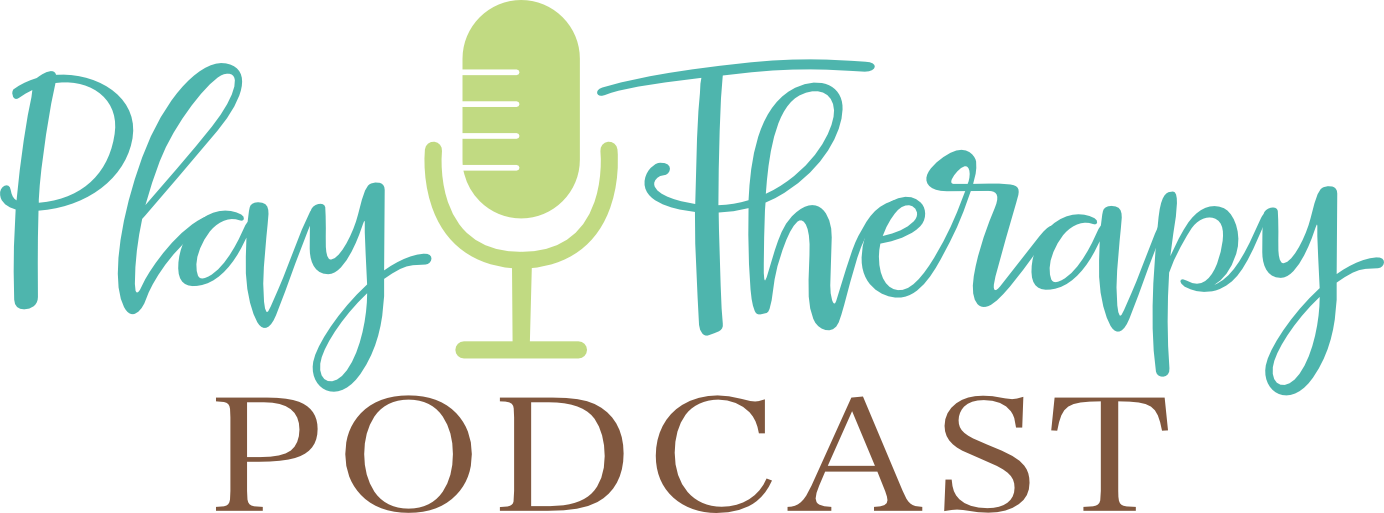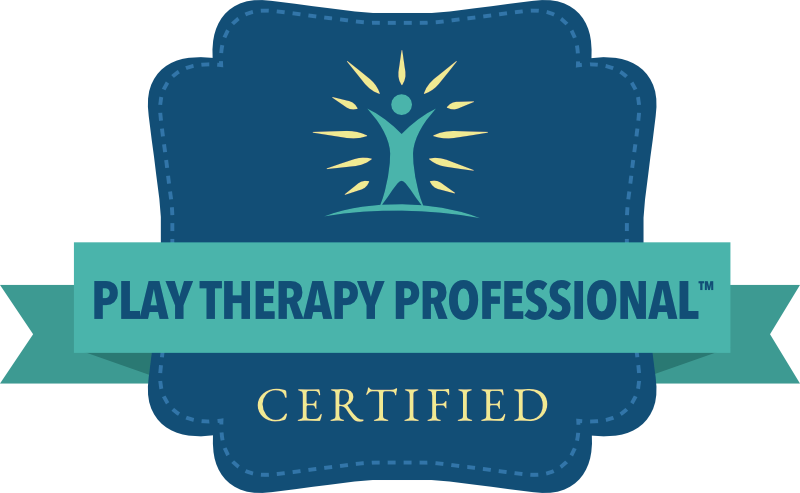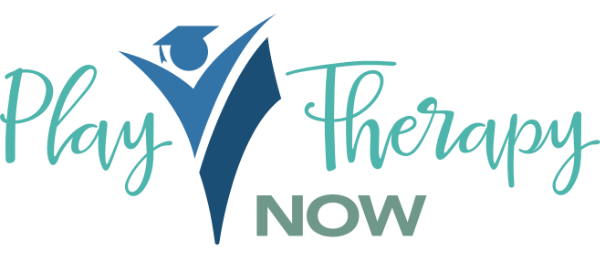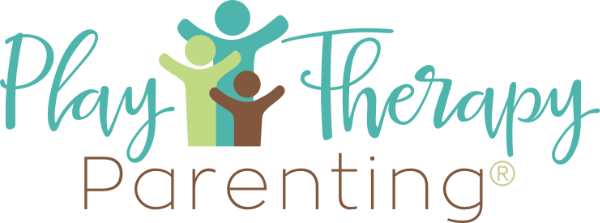167 | How to Handle Runny Noses, Licking, Spitting, and Germs in the Playroom: A Child-Centered Approach
In this episode, I address a great question from Carley in Oregon about how to manage germs in the playroom in a child-centered way. Carley asked about a client who licks and spits on his fingers while playing card games, as well as how to handle kids with very runny noses during allergy season.
For the licking and spitting, I explain that this is a behavior the child is choosing, so it warrants setting a limit using the ACT limit-setting process. When it comes to runny noses, I discuss the importance of distinguishing between sickness and allergies. For non-contagious runny noses, I suggest commenting on it matter-of-factly to the child, using an “I wonder” statement, and if needed, providing a clear choice. The key is explaining the “why” – to keep toys clean for other kids.
Also, I share some of my favorite tools for keeping the playroom clean – Micro Ban disinfectant spray, Clorox wipes for quick cleans of hard toys, and a “dirty toy bin” for items that need to be removed and deeply sanitized before returning to the playroom. Staying on top of the mess and germs is an important part of our work!
If you would like to ask me questions directly, check out www.ccptcollective.com, where I host two weekly Zoom calls filled with advanced CCPT case studies and session reviews, as well as member Q&A. You can take advantage of the two-week free trial to see if the CCPT Collective is right for you.
Ask Me Questions: Call (813) 812-5525, or email: [email protected]
Brenna’s CCPT Hub: https://www.playtherapynow.com
CCPT Collective (online community exclusively for CCPTs): https://www.ccptcollective.com
Podcast HQ: https://www.playtherapypodcast.com
APT Approved Play Therapy CE courses: https://childcenteredtraining.com
Twitter: @thekidcounselor https://twitter.com/thekidcounselor
Facebook: https://facebook.com/playtherapypodcast
Managing Germs in the Playroom: A Child-Centered Approach
I want to address a question from Carley in Oregon about managing germs in the playroom. As play therapists, we often encounter tricky situations like this, so let’s dive in and explore some helpful strategies.
Licking and Spitting: Setting Limits in a Child-Centered Way
Carley mentioned a client who obsessively licks and spits on his fingers during play, particularly when playing card games like Uno or Candyland. This behavior is a choice the child is making, and it’s important to address it in a way that maintains the child-centered approach while still setting necessary limits.
When setting a limit, we use the ACT process:
- Acknowledge the feeling or behavior
- Communicate the limit
- Target acceptable alternatives
In this scenario, you might say, “You’re licking your fingers before you touch the cards. But when you lick your fingers, it gets germs on the cards.” Notice how this statement is neutral and non-judgmental. Then, provide a choice: “You can choose to wash your hands and continue playing with cards, or you can choose to put the cards up for the rest of the day. Which do you choose?”
The goal isn’t to prevent the child from playing with cards altogether, but rather to ensure they aren’t licking their hands and spreading germs on the toys.
Runny Noses: Allergies vs. Sickness
Carley also asked about handling kids with runny noses, especially during allergy season. It’s crucial to differentiate between a runny nose caused by allergies (which aren’t contagious) and one caused by sickness (which could potentially infect others).
When you notice a child has a runny nose, acknowledge it matter-of-factly: “I see you have a pretty runny nose today.” You can then use an “I wonder” statement to see if the child wants a tissue: “I wonder if you would like a tissue.”
If the child ignores you or declines the tissue, follow up with a choice, making sure to explain the reason behind it: “Your nose is runny, and there are lots of kids that play in here and use the same toys. The toys need to stay clean. You can choose to wipe your nose on a tissue or a paper towel. Which do you choose?” This way, the child understands the importance of keeping the toys germ-free for others.
Tools of the Trade: Keeping the Playroom Clean
As play therapists, we have some go-to tools for maintaining a hygienic playroom. Here are a few of my favorites:
1. **Micro Ban**: This aerosol spray provides 24 hours of germ-killing power. After a session with a child who had a runny nose or engaged in unsanitary behaviors, you can quickly spray down the toys and surfaces they came into contact with.
2. **Clorox Wipes**: These are perfect for quickly wiping down hard toys and surfaces. They dry fast and won’t ruin most materials (avoid using them on leather or soft items).
3. **Dirty Toy Bin**: If a toy needs a deep clean (e.g., a child put their mouth on it or sneezed on it), place it in a designated “dirty toy bin.” Remove these items from the playroom until you can thoroughly sanitize them.
By utilizing these tools and strategies, you can effectively manage germs in your playroom while still maintaining a child-centered approach.
Thank you so much for your question, Carley, and for helping all of us navigate these tricky situations. Working with children can be messy at times, but with the right tools and techniques, we can create a safe, hygienic space for our clients.








